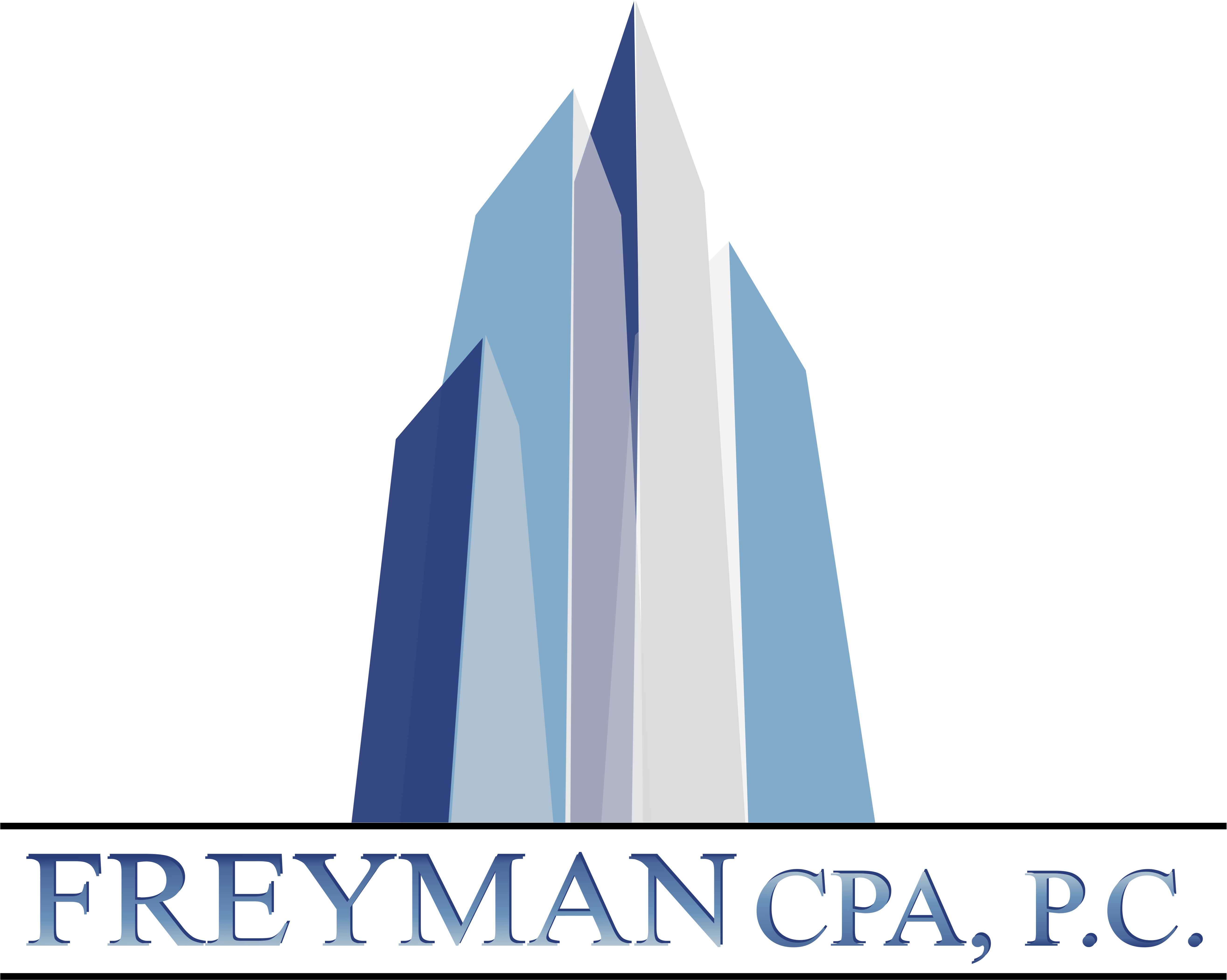
Vehicle Deductions Are Complex, Allow Us To “Navigate” The Intricacies Of Business Taxation For you.
If you or your company uses a vehicle for business purposes, you may be eligible to deduct those expenses on your tax return. If so, you will need to consider several factors that go into calculating the deduction.
Here are Freyman CPA’s; we list out the top ten questions we feel your accountant should be asking you to maximize (and audit-proof!) your vehicle deductions:
1. What is the future outlook for the vehicle?
Are you in the line of work that you will be trading in your vehicle or purchasing a new one within a few years, or will you keep this vehicle for the foreseeable future?
2. Do you have other vehicles you will use for personal purposes?
Will this vehicle be used primarily for business, in terms of percent, for example, I will be using this vehicle 60%, 70%, or more for business dealings?
3. Are you looking to lease, finance, or buy a vehicle outright, or are you placing an existing vehicle into service for business use?
Ownership and use impact tax liability, so make sure to be clear in this regard.
4. Do you expect to have a steady profit flow from the business, as in, is your business already established?
If you can anticipate whether you will have more profits in the next few years or a decline in earnings in the next following years may impact the guidance and tax planning. If you are uncertain, ask your CPA for a tax projection and profit analysis.
5. What has changed in your personal life?
Will you foresee any significant life changes that may trigger tax events, such as selling an investment property or cashing in retirement funds to finance business operations?
6. How good are you with keeping very detailed accounting records for the vehicle?
Do you enjoy a less cumbersome accounting method, or do you think you would be better off with the simplest form of accounting for the vehicle?
7. Who besides you and your workforce will be using the vehicle?
Determine whether you will be the only driver or if contractors may also operate the vehicle, which may impact the business’s reporting and liability.
8. Do you currently have a home office and do you perform many administrative/managerial duties from the home office on a regular and continuous basis?
A little known business advisory secret, if you perform many administrative/managerial duties from the home office on a regular and continuous basis, you may be entitled to an even bigger tax break.
9. How is your entity organized?
Are you currently operating as a sole proprietor? A single-member LLC, a shareholder of an S or C type corporation?
The way the expenses are put through will make a huge difference depending on how you are organized. For example, If you are a single-member LLC, you are a disregarded entity for tax purposes, and there are no special reimbursements that need to take place and no specific allocations or other strategies. That is why it is essential to be organized the right way to fit your business/industry and your personal needs.
Keeping it simple in the world of tax is sometimes an option, but it has to be done right from the get-go.
10. Do you have partners in your business, and will they be using the vehicle?
Partnerships are tricky, as to how would you rationalize your vehicle split 50/50 with a partner that did not incur the expense? The method accountants tend to follow is to claim your vehicle as an “unreimbursed partner expense” on your Federal Schedule E (page 2) as a direct deduction against the income (loss) flowing from the partnership to your personal return; this way, there is no mess, and you receive the tax benefits instead of sharing it with the other partners or creating more accounting to recoup the single-use expenses in a multi-partner partnership.
The partnership agreement needs to include specific wording to allow for these expenses to claim these expenses on your personal return, so do check for that first. If the language is not currently included as part of the agreement, you can easily incorporate it.
.jpg)
Every one of the questions above is key to furnishing the correct guidance to maximize your business’s vehicle deduction. Until we learn about your business and personal dealings as they pertain to profits and taxation, we cannot help.
When seeking help from a tax professional, ensure that your tax professional asks at least these top ten we have listed here for your information; if not, you know where to find us ;)
Remember, our core belief system resonates with your best interests in mind. As we say here, @Freyman CPA all day, “your success is our success.”























